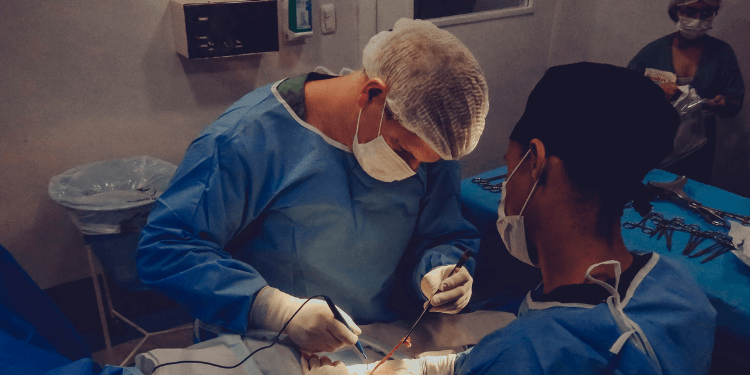Not too long ago, veterinarians had to be proficient in all aspects of veterinary medicine and animal health. For example, my father, a veterinarian whom I still practice with today, will soon be crossing the 50-year mark in veterinary practice. When he began his career there was no such thing as a board-certified veterinary surgeon. He and his classmates had to learn and become proficient in all aspects of soft tissue and orthopedic surgery. Over the years, utilizing skills learned in veterinary school, internships, veterinary textbooks, and, of course, some trial and error, he has become a master in surgeries.
With that being said, that does not mean that I am personally, or any general practicing veterinarian is incapable of learning such procedures by any means. It’s just that pet owners today expect a higher level of skill for their pets when it comes to the “major” surgeries. Remember, it is more important to focus on being a master of a few skills than trying to be a jack of all trades.
This brings me to the point of whether or not both you and your pet need to seek out the expertise of a board-certified surgeon when the time comes.
The College of Surgeons
Founded in 1965, the American College of Veterinary Surgeons now includes more than 1,470 Diplomates. These individuals who have been accepted and accredited by this College have taken it upon themselves to attain additional skills and techniques in the world of animal surgery. They are now the best of the best when it comes to surgery. Not only have they completed four years of veterinary medical schooling, but they have also been required to spend an additional four years of advanced medical and surgical training. That in and of itself is a HUGE commitment.
The Take Home
Now, this does not mean that every surgery that your dog may need requires the skills of a board-certified surgeon. In many cases, there are several more “routine” soft tissue or orthopedics surgeries that can adequately be performed by a general practice veterinarian.
My only point is this: know that they exist. Know where they are in your local area and don’t ever be shy or embarrassed to discuss this with your veterinarian when the time comes that your dog may need that additional skill level to get them back to 100%.











